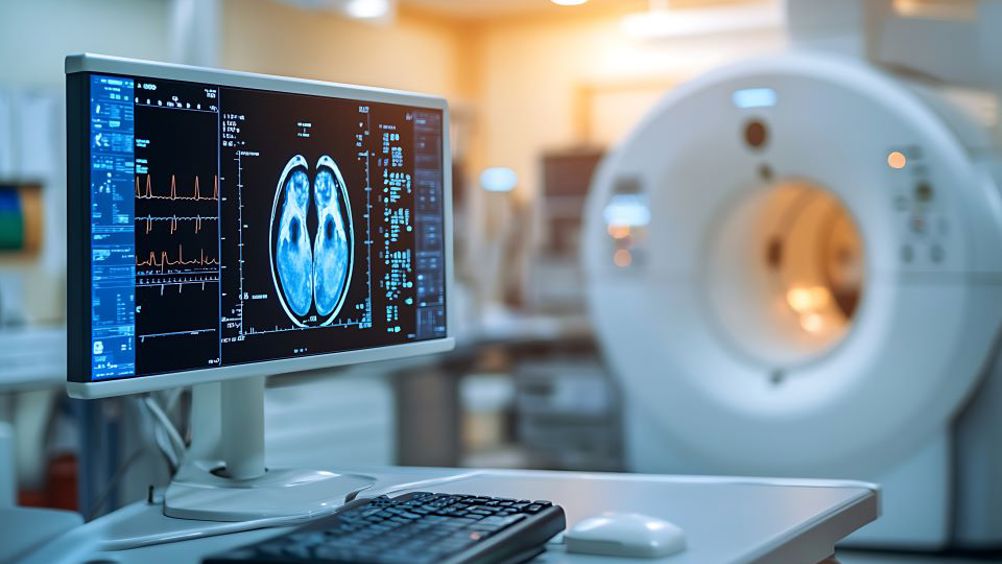According to UCL, MindGlide can extract key information from brain images (MRI scans) acquired during the care of MS patients, such as measuring damaged areas of the brain and highlighting subtle changes such as brain shrinkage and plaques.
MS is a condition where the immune system attacks the brain and spinal cord. This causes problems in how a person moves, feels or thinks. In the UK, 130,000 people live with MS, costing the NHS over £2.9bn annually.
Magnetic Resonance Imaging (MRI) markers are necessary for studying and testing treatments for MS but measuring these markers needs different types of specialised MRI scans, limiting the effectiveness of many routine hospital scans.
As part of a new study, published in Nature Communications, researchers tested the effectiveness of MindGlide on over 14,000 images from more than 1,000 patients with MS.
This task had previously required expert neuro-radiologists to interpret years of complex scans manually, a process that can take weeks.
Now, for the first time, MindGlide was able to use AI to detect how different treatments affected disease progression in clinical trials and routine care, using images that could not previously be analysed and routine MRI scan images. The process took five to 10 seconds per image.
MindGlide also performed better than two other AI tools - SAMSEG, a tool used to identify and outline different parts of the brain in MRI scans; and WMH-SynthSeg, a tool that detects and measures bright spots seen on certain MRI scans, which can be important for diagnosing and monitoring conditions like MS – when compared to expert clinical analysis.
MindGlide was reported to be 60 per cent better than SAMSEG and 20 per cent better than WMH-SynthSeg for locating plaques (or lesions) or for monitoring treatment effect.
In a statement, first author, Dr Philipp Goebl, UCL Queen Square Institute of Neurology and UCL Hawkes Institute, said: “Using MindGlide will enable us to use existing brain images in hospital archives to better understand multiple sclerosis and how treatment affects the brain.
“We hope that the tool will unlock valuable information from millions of untapped brain images that were previously difficult or impossible to understand, immediately leading to valuable insights into multiple sclerosis for researchers and, in the near future, to better understand a patient’s condition through AI in the clinic. We hope this will be possible in the next five to 10 years.”
As well as performing better at detecting changes in the brain’s outer layer, MindGlide also performed well in deeper brain areas.
The findings were valid and reliable at one point in time and over longer periods, such as at annual scans attended by patients. Additionally, MindGlide was able to corroborate previous high-quality research regarding which treatments were most effective.
The researchers now hope that MindGlide can be used to evaluate MS treatments in real-world settings.











Deep Heat: The new technologies taking geothermal energy to the next level
No. Not in the UK. The one location in the UK, with the prospect of delivering heat at around 150°C and a thermal-to-electrical efficiency of 10-12%,...